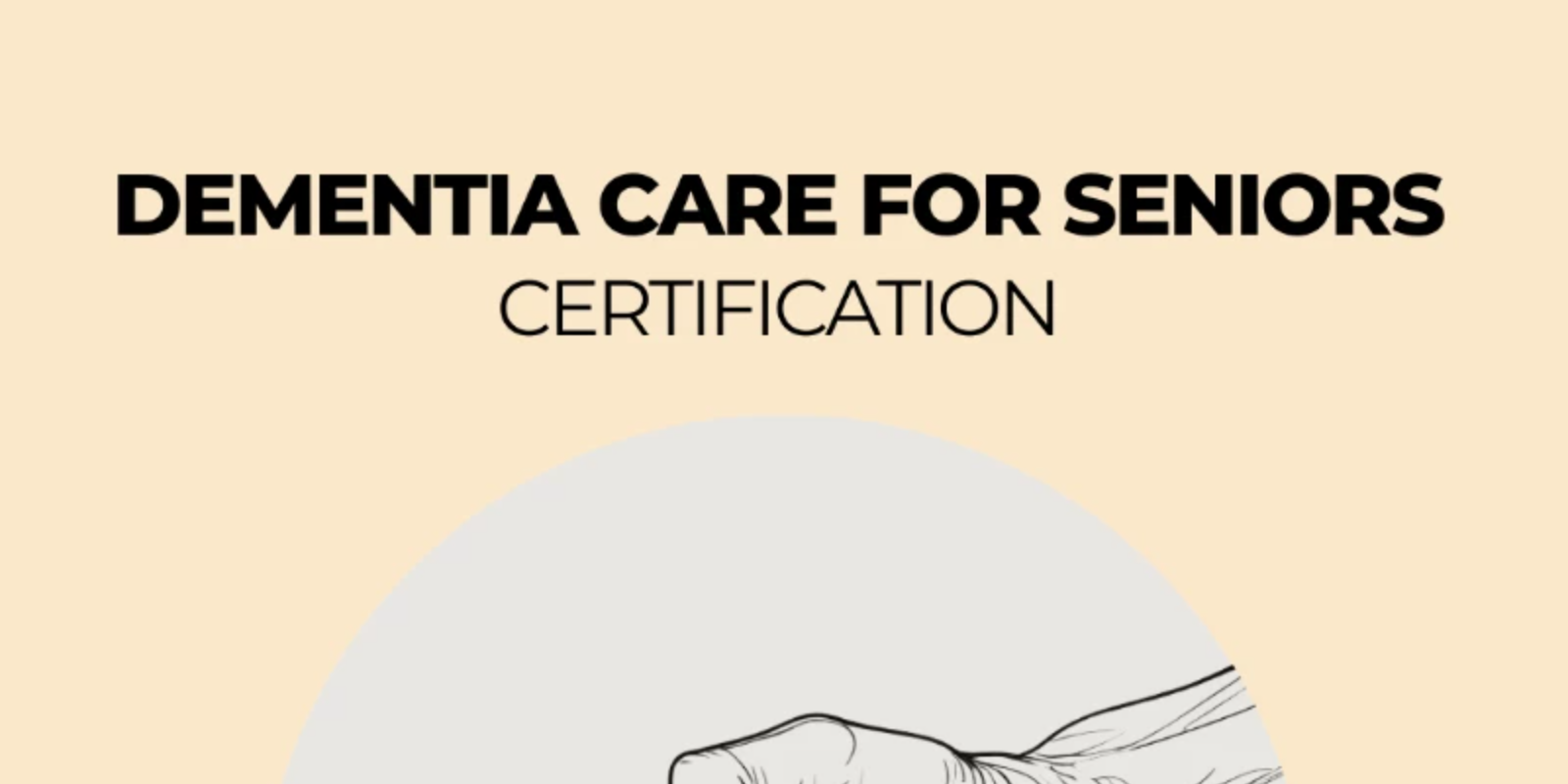Dementia Certification Course: Person-Centered Care, Practical Skills, and Family Support
Dementia affects millions worldwide and presents complex care needs that require sensitivity, knowledge, and practical strategies. The Dementia Certification Course prepares professionals and caregivers to support people living with dementia using person-centered, evidence-informed approaches that prioritize dignity, safety, and quality of life.
Why Dementia Training Matters
Dementia is an umbrella term that includes Alzheimer’s disease and other neurodegenerative conditions that impact memory, thinking, and daily functioning. As populations age, demand for skilled, compassionate support increases—both in clinical settings and community care. Proper training helps reduce distress, prevent crises, and improve outcomes for individuals and their families.
Who This Course Is For
The Dementia Certification Course is ideal for healthcare workers, social care staff, care coordinators, therapists, volunteer caregivers, and family members who want structured, practical training to improve everyday care and communication with people living with cognitive change.
What a Dementia Coach or Specialist Does
A dementia-trained practitioner blends clinical understanding with compassionate communication and environmental adaptation. Rather than offering medical treatment, this role focuses on:
Person-centered planning: Tailoring routines and supports to each person’s history, preferences, and strengths.
Effective communication: Using approaches that reduce confusion, agitation, and isolation.
Behavioral strategies: Identifying triggers and designing non-pharmacological responses to distressing behaviors.
Caregiver coaching: Teaching families and staff how to manage stress, set realistic goals, and maintain safe environments.
Care coordination: Working with multidisciplinary teams to align supports and referrals.
Course Overview: Dementia Certification Course
The Dementia Certification Course combines neuroscience basics with hands-on care skills, communication techniques, and support strategies for families and care teams. The curriculum is practical, up-to-date, and designed to be applicable across home care, residential settings, and community programs.
Key Modules and Topics
Understanding Dementia: Types of dementia, progression, common symptoms, and cognitive profiles.
Neurobiology & Assessment Basics: How brain changes affect behavior, and how to use simple screening and observation tools.
Person-Centered Care: Life history work, tailored routines, meaningful activities, and preserving identity.
Communication Skills: Verbal and nonverbal techniques, validation, and reducing misunderstandings.
Managing Challenging Behaviors: Functional analysis, de-escalation, environmental modifications, and sensory approaches.
Caregiver Support & Self-Care: Burnout prevention, boundary setting, respite planning, and peer support models.
Legal, Ethical & Safety Considerations: Consent, capacity basics, safeguarding, and risk reduction in daily life.
Non-Pharmacological Interventions: Reminiscence, music, structured activities, physical activation, and sleep hygiene.
Working with Multidisciplinary Teams: Referral pathways, care planning, and collaborative practice.
Building a Dementia-Friendly Service: Program design, evaluation, and communicating outcomes to stakeholders.
Practical Skills You’ll Gain
- Conducting compassionate intake and life-history interviews.
- Designing daily routines and meaningful engagement activities.
- Using communication strategies that reduce distress and improve cooperation.
- Creating simple behavior support plans and environmental adjustments.
- Supporting families with coaching, resources, and realistic care plans.
Why Choose This Certification?
Evidence-informed: Content grounded in current best practices for dementia care.
Hands-on and practical: Templates, case studies, and role-plays to build confidence.
Flexible learning: Online modules that fit around your schedule, plus optional supervised practice.
Improved outcomes: Better communication, reduced crises, and higher caregiver confidence.
Certification and Next Steps
Upon completion, participants receive a certificate and resources to implement dementia-friendly practices immediately. Graduates are prepared to take roles in care teams, lead family-support groups, or launch independent consultancy services focused on dementia support.
Important Note
This course provides coaching and care strategies and is not a substitute for medical diagnosis or treatment. Always refer clients to appropriate medical professionals for diagnostic, pharmacological, or emergency needs.
Conclusion
The Dementia Certification Course equips you with compassionate, practical skills to support people living with cognitive change and the families who love them. With focused training, you can make a real difference—improving daily life, reducing stress, and fostering dignity and connection for those affected by dementia.
